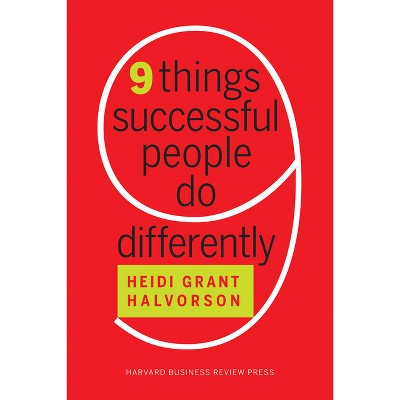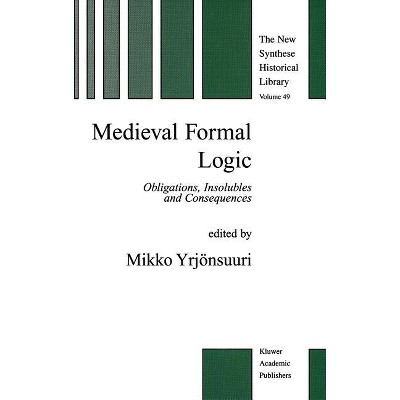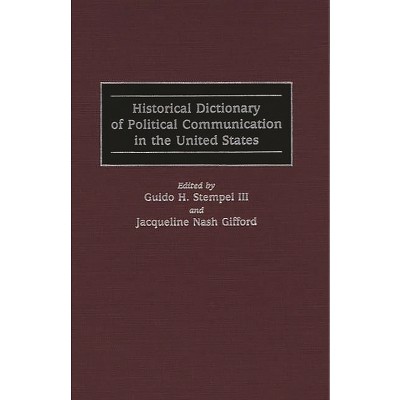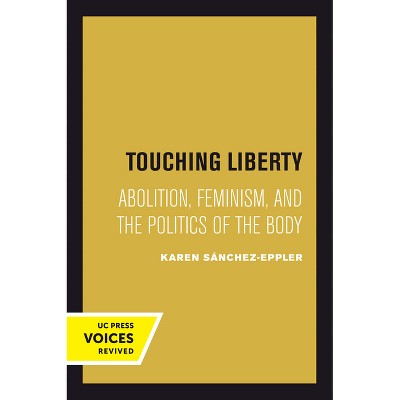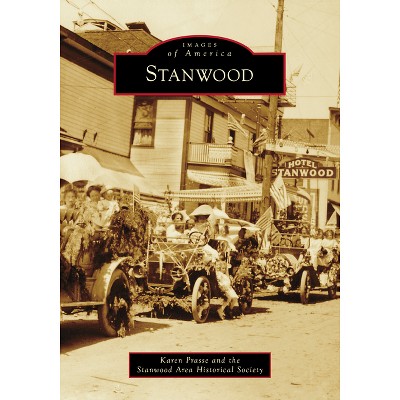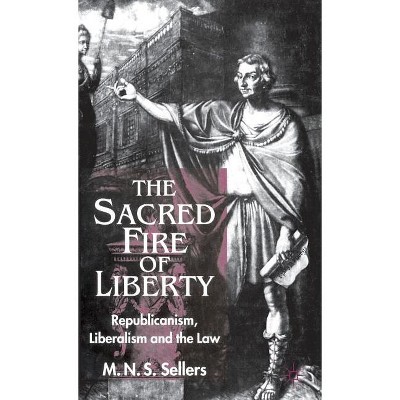Sponsored

Virtue, Liberty, and Toleration - (New Synthese Historical Library) by Jacqueline Broad & Karen Green (Hardcover)
In Stock
Sponsored
About this item
Highlights
- This volume serves as an introduction to a rich and as yet under-explored period in the history of women's ideas.
- Author(s): Jacqueline Broad & Karen Green
- 216 Pages
- Philosophy, History & Surveys
- Series Name: New Synthese Historical Library
Description
About the Book
The essays in this collection examine women's political writings with particular reference to the themes of virtue (especially the virtue of phronesis or prudence), liberty, and toleration. The figures discussed include Christine de Pizan, Catherine d'Amboise, Isabella d'Este, Elizabeth I, Katherine Chidley, Elizabeth Poole, Margaret Cavendish, Damaris Masham, Mary Astell, Elizabeth Carter, Catharine Macaulay, Mary Wollstonecraft, and Cornélie Wouters.Book Synopsis
This volume serves as an introduction to a rich and as yet under-explored period in the history of women's ideas. The volume provides a partial insight into the richness and complexity of women's political ideas in the centuries prior to the French Revolution. The essays in this collection examine women's political writings with particular reference to the themes of virtue (especially the virtue of phronesis or prudence), liberty, and toleration.
From the Back Cover
This volume challenges the view that women have not contributed to the historical development of political ideas, and highlights the depth and complexity of women's political thought in the centuries prior to the French Revolution.
From the late medieval period to the enlightenment, a significant number of European women wrote works dealing with themes of political significance. The essays in this collection examine their writings with particular reference to the ideas of virtue, liberty, and toleration. The figures discussed include Christine de Pizan, Catherine d'Amboise, Isabella d'Este, Elizabeth I, Katherine Chidley, Elizabeth Poole, Margaret Cavendish, Damaris Masham, Mary Astell, Elizabeth Carter, Catharine Macaulay, Mary Wollstonecraft, and Cornélie Wouters. These women actively contributed to the political practice and discourse of their times. Some of the women question their exclusion from political power and argue in favour of women's virtue, prudence, and capacity to govern. Others aim to demonstrate women's spiritual equality with men, to defend liberty of conscience, and to highlight the importance of education as a means to moral development. And some women explore the notion of female citizenship or attempt to come to terms with issues of religious freedom and religious toleration. Virtue, Liberty, and Toleration serves as an introduction to a rich and as yet under-explored period in the history of women's ideas.Shipping details
Return details
Frequently bought together
Trending Philosophy









